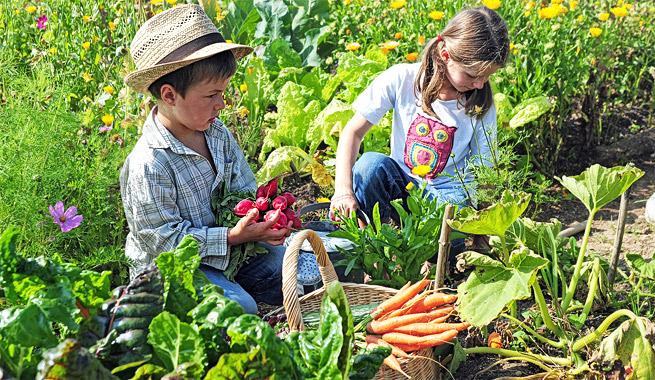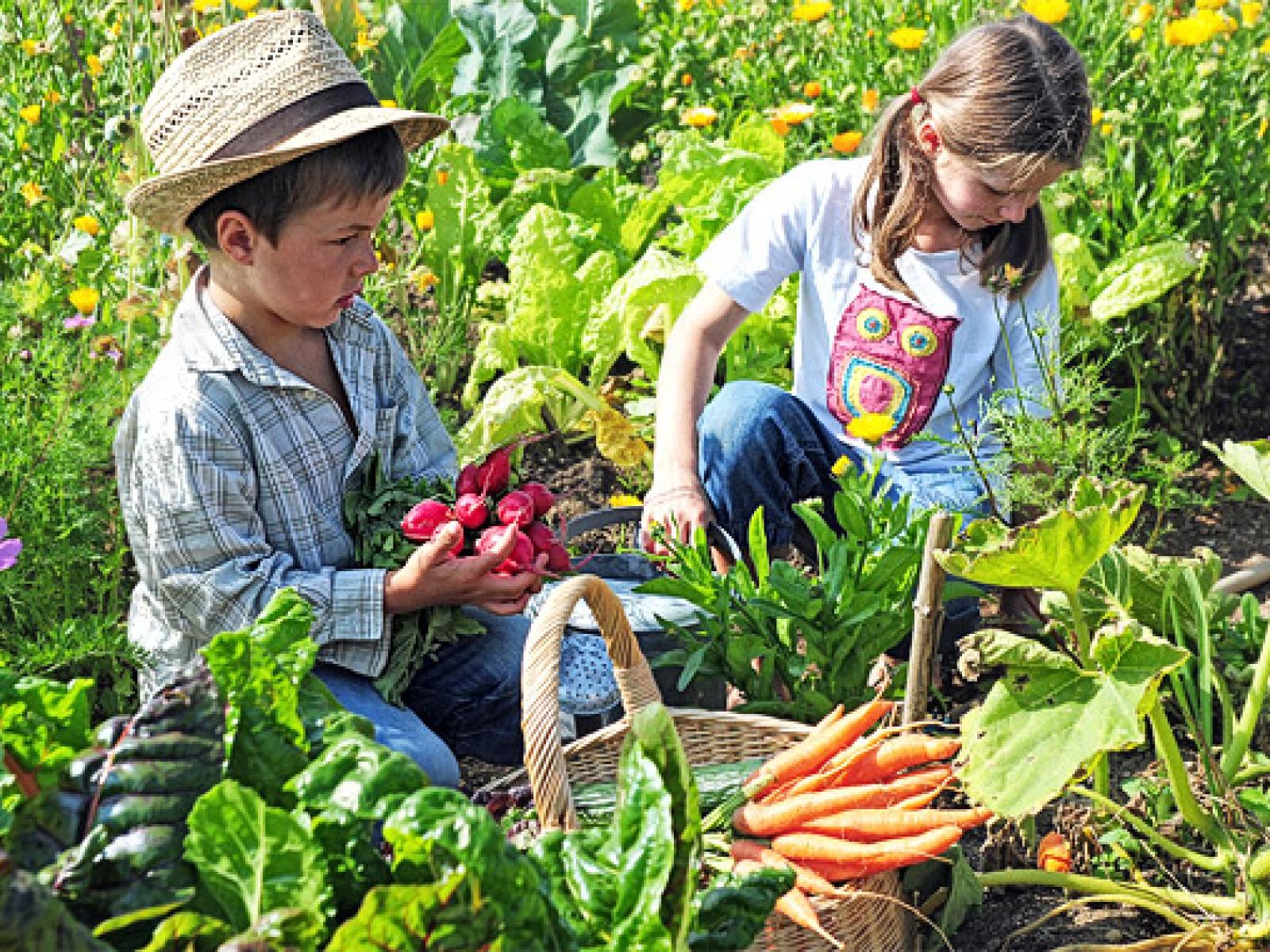An Overview Of Our Solution
- Population Impacted:
- Continent: North America
Organization type
Population impacted
Size of agricultural area
Production quantity
People employed
Describe your solution
Describe your implementation
External connections
What is the environmental or ecological challenge you are targeting with your solution?
Describe the context in which you are operating
Cuscatlán is located in the central region of the country and borders the N and NE with the department of Chalatenango, E with Cabañas, SE with San Vicente, S with Lake Ilopango and the department of La Paz and, lastly , To the O with the department of San Salvador. In the N the valley of the Lempa river originates a flat and fertile region, appropriate for the agricultural activity. The center and south of the department, on the other hand, are more mountainous. The department covers an area of 756 km² and has an estimated population of 216,446 inhabitants (2007).
It is cultivated mainly sugar cane and, to a lesser extent, tobacco of exceptional quality, coffee and cereals. The departmental head is Cojutepeque, one of the relevant cities of El Salvador known as "the city of mists". In previous years, this city was noted for being a significant commercial center, important for the manufacture of tobacco, the dulce de panela and coffee of excellent quality. Handcrafted work is very developed throughout the department; Tenenario can be mentioned, where basketry works are carried out and hats and mats are made, and Suchitoto, a tourist center where colonial constructions are preserved and pottery, basketry and pyrotechnics are developed. More than 50% of the population has access to drinking water services.
Cuscatlán's economy is the third largest in El Salvador only surpassed by La Libertad and San Salvador. Cuscatlán has a mixed economy based on agriculture mostly.
How did you impact natural resource use and greenhouse gas emissions?
Language(s)
Social/Community
Water
Food Security/Nutrition
Economic/Sustainable Development
Climate
Sustainability
If there is participation of any subsidy of water or gas will be included for the benefit of the restaurant.
There will be an improvement in the quality of life in the aspects of survival for both restaurant employees and myself.
Return on investment
Entrant Banner Image

